I recently received an email about a blog post titled “Why Don’t More Members of Gens X and Y Join Boards?” through the Americans for the Arts Emerging Arts Leaders Listserv (which is great, by the way. You should join.) The topic of under-35ers on nonprofit boards is one that has risen several times in my office and amongst our Emerging Arts Leaders group. Though I think a member of Generation X/Y joining a board would be beneficial to both the organization and the individual, I am intimidated by the prospect of doing so (as are many of my Generation X/Y peers) for exactly the reasons listed in this blog post:
…Some in these demographics are hesitant to pursue board opportunities for the following reasons:
• They hold the perception that board service is not accessible
• They think they’re not qualified
• They don’t know what is involved in joining a board
• They’re unaware of the impact of board service on an organization’s mission or what board service can do to help a cause.
A good friend of mine who recently graduated from college told me that she was considering becoming a board member of a nonprofit. At first, I have to admit, I was surprised! Though she is admittedly one of the smartest, most talented people I know, she has only been out of school for about half a year. I wondered what someone just entering the field would have to offer an organization. It seems that what I initially looked at as an obstacle for her to overcome is actually an asset! My friend is in tune with what people her age need from this organization and has fresh ideas on how to meet these demands—a challenge the board had been working on and they wanted a generational liaison, if you will, to help guide the process. For this reason, she was asked to apply for a spot on the board, something she would never consider within reach had it not been presented as an option. The board will now have a new perspective at the table from a demographic they want to reach, my friend will gain experience and contacts helping a nonprofit that supports what she loves, and the organization will benefit from the ideas that develop from this new marriage. It’s win-win-win. Now the question is: how do we encourage “generational diversity” on boards?
Why Don’t More Members of Gens X and Y Join Boards?
February 4 2010
February 4 2010








